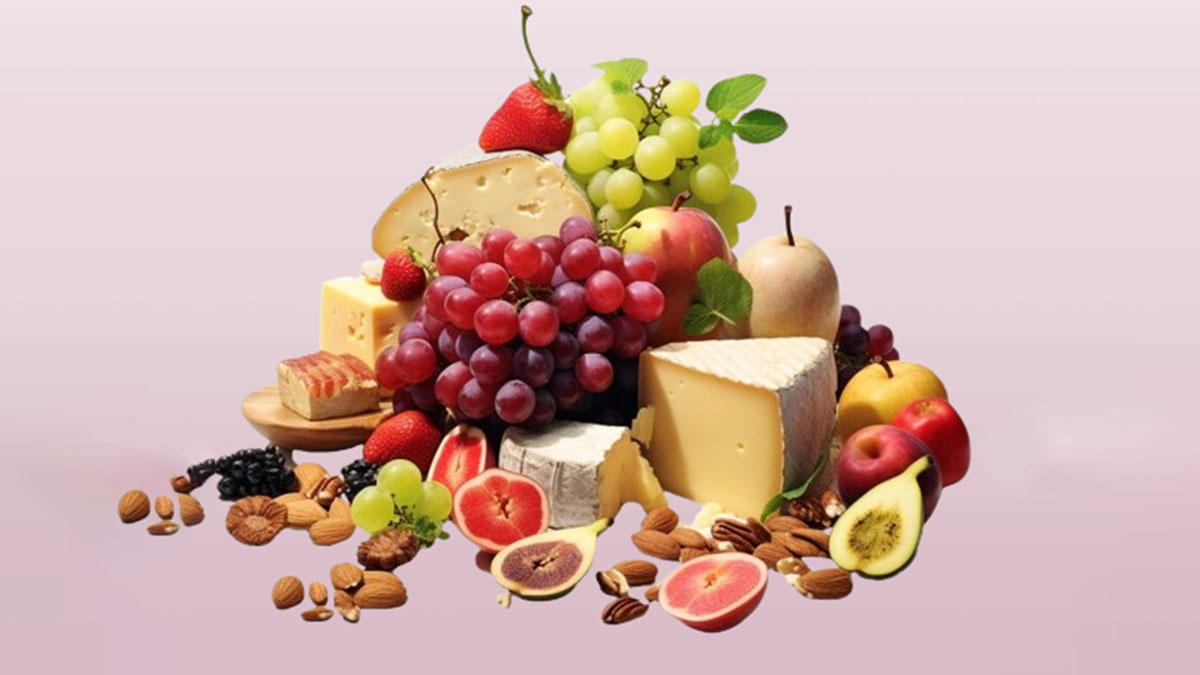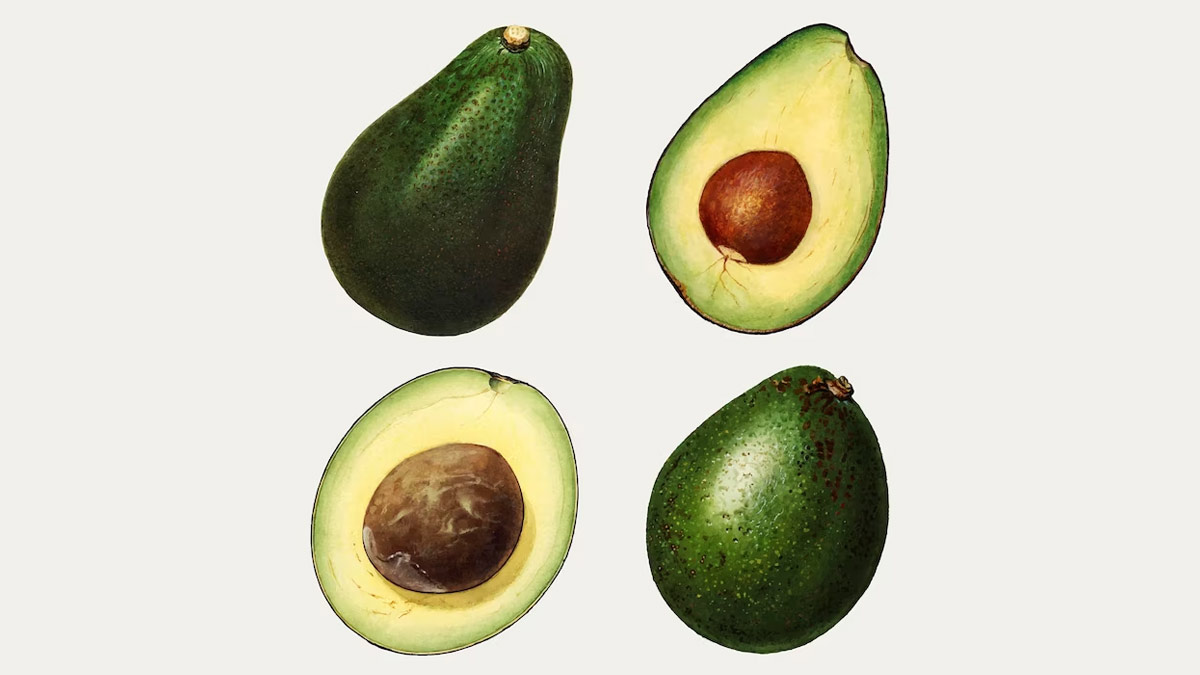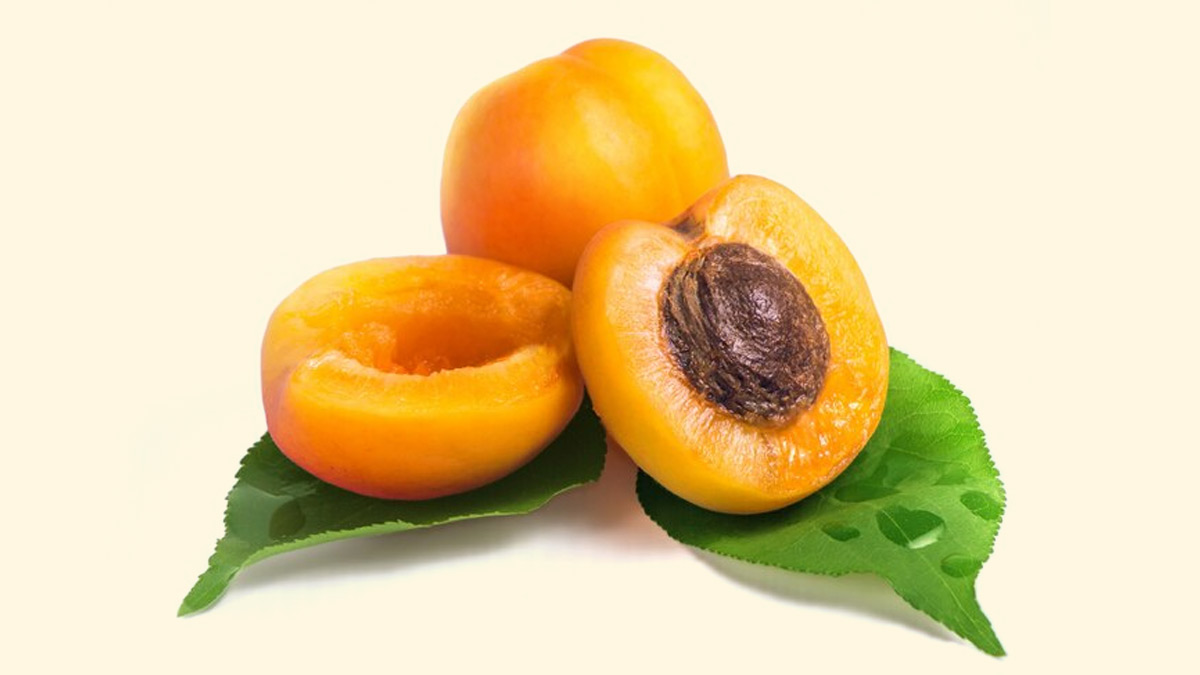
We all think that vegetarians struggle to maintain adequate protein levels because the majority of dietary protein sources are meat-based. Fruits, which are sometimes disregarded in this context, can add to daily protein consumption, promoting muscle maintenance, energy levels, and overall wellness. But it’s not like that. Here are seven fruits that might increase your protein consumption.
1. Guava
According to WebMd, approximately 4.2 grams of protein per cup (165 grams). Guava is not only rich in protein but also packed with vitamins A, C, and folic acid. This tropical fruit supports immune function, skin health, and cellular repair. It is also high in dietary fibre, aiding in digestion and promoting a healthy gut.
How to Include in Your Diet
- Enjoy fresh guava as a snack.
- Add guava slices to your salads for a sweet and nutritious twist.
- Blend guava into smoothies for a protein and vitamin boost.
2. Avocado
As per Medical News Today, about 3 grams of protein per cup (150 grams). Avocados are renowned for their healthy fats, particularly monounsaturated fats, which support heart health. They are also a good source of vitamins E, K, and B6, along with potassium and fibre.

How to Include in Your Diet
- Spread avocado on whole-grain toast for a protein-packed breakfast.
- Incorporate avocado into salads or make guacamole as a healthy dip.
- Add avocado to smoothies for a creamy texture and nutrient boost.
Also read: Diet And Fitness: Don't Drink Protein Shake If You Have These Health Conditions
3. Blackberries
Around 2 grams of protein per cup (144 grams). Blackberries are rich in antioxidants, particularly anthocyanins, which help fight oxidative stress. They also provide vitamins C and K, as well as manganese, which is essential for bone health and metabolism.
How to Include in Your Diet
- Add blackberries to your morning yoghourt or oatmeal.
- Blend blackberries into smoothies or mix them into a fruit salad.
- Use blackberries as a topping for desserts or pancakes.
4. Mulberries
About 2 grams of protein per cup (140 grams). Mulberries are a great source of vitamin C, iron, and antioxidants. They support immune function, help combat anaemia, and provide a good dose of dietary fibre.
How to Include in Your Diet
- Enjoy dried mulberries as a snack or add them to trail mix.
- Sprinkle fresh mulberries on cereals, yoghourt, or salads.
- Blend mulberries into smoothies or bake them into muffins and other desserts.
5. Apricots
Approximately 2 grams of protein per cup (130 grams) when dried. Apricots are rich in vitamins A and C, potassium, and dietary fibre. They promote eye health, support the immune system, and help maintain healthy blood pressure levels.

How to Include in Your Diet
- Eat dried apricots as a snack or add them to mixed nuts.
- Incorporate fresh apricots into salads or cereal bowls.
- Use apricots in cooking and baking, such as in sauces, jams, or desserts.
6. Kiwifruit
Protein Content: Around 2 grams of protein per cup (180 grams). Kiwifruit is known for its high vitamin C content, which supports immune function and skin health. It also provides vitamins K and E, folate, and fibre, aiding digestion and promoting heart health.
How to Include in Your Diet
- Eat kiwifruit on its own or add it to fruit salads.
- Blend kiwifruit into smoothies for a refreshing drink.
- Use kiwifruit as a topping for yoghourt, cereal, or desserts.
7. Jackfruit
Approximately 3 grams of protein per cup (165 grams). Jackfruit is not only high in protein but also rich in vitamin C, potassium, and dietary fibre. It is versatile and can be used in both sweet and savoury dishes. Jackfruit also contains antioxidants that help fight inflammation.
How to Include in Your Diet
- Use young jackfruit as a meat substitute in savoury dishes like tacos or curry.
- Add ripe jackfruit to smoothies, desserts, or eat it fresh as a snack.
- Incorporate jackfruit into salads for a tropical twist.
Although fruits are not traditionally high-protein foods, including a variety of them in your diet can help you meet your protein requirements, especially if you are vegetarian. Combining these fruits with other protein-rich plant foods such as legumes, nuts, seeds, and whole grains will help you reach your protein requirements.
Including seven fruits in your daily diet not only boosts your protein levels but also provides essential vitamins, minerals, and antioxidants, supporting overall health and well-being.
Also watch this video
How we keep this article up to date:
We work with experts and keep a close eye on the latest in health and wellness. Whenever there is a new research or helpful information, we update our articles with accurate and useful advice.
Current Version
